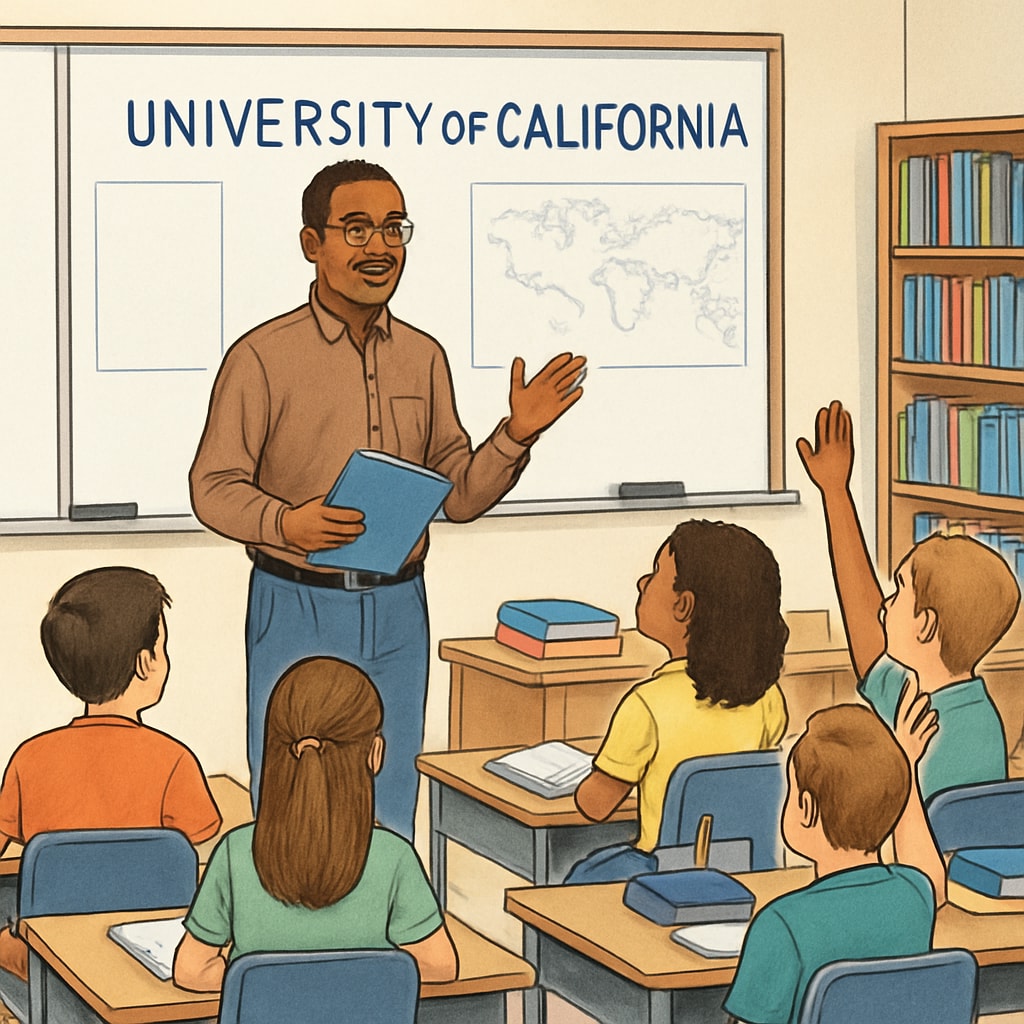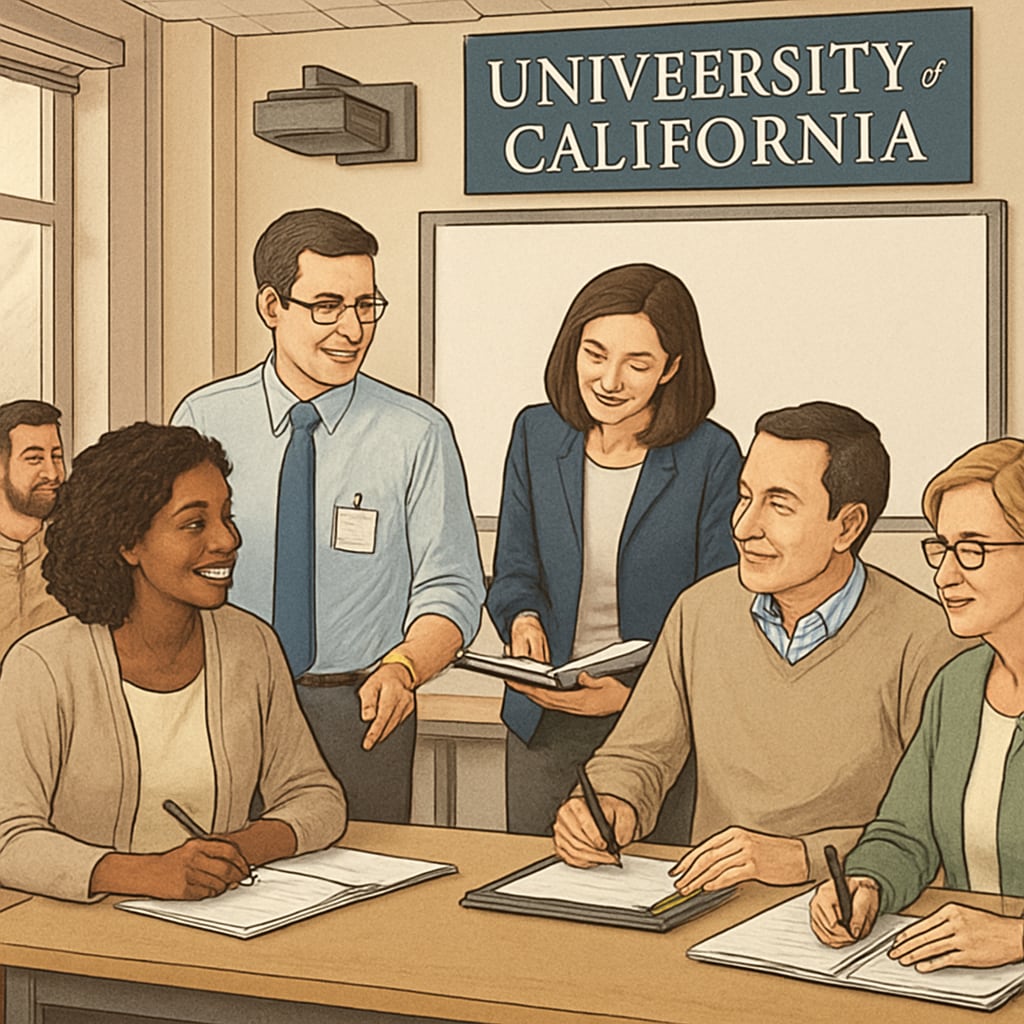The University of California system, renowned for its world-class education and research, offers an incredible opportunity for K12 educators seeking innovative ways to improve their teaching methods. By tapping into the expertise of University of California employees, educators can address key challenges in their classrooms, access cutting-edge educational tools, and foster meaningful connections between K12 and higher education. This article explores how teachers can use these resources to create transformational learning experiences for their students.
Collaborating with University of California Employees
One of the most direct ways for K12 educators to benefit from the University of California system is by collaborating with its employees. Professors, researchers, and administrative staff often possess specialized knowledge that can be invaluable for addressing common teaching challenges. For example, educators can reach out to university faculty for advice on implementing STEM programs, integrating research-backed learning strategies, or even organizing guest lectures to inspire students.
Additionally, universities often have offices or departments dedicated to public engagement and outreach. Educators can work with these entities to develop workshops, training sessions, or even mentorship programs that benefit both teachers and students. These partnerships not only enhance the quality of education but also help create a bridge between K12 schools and higher education institutions.

Accessing Professional Development Programs
Many campuses within the University of California system offer professional development programs tailored specifically for K12 educators. These programs often include workshops on innovative teaching approaches, curriculum development, and classroom management techniques. For example, the University of California, Berkeley, provides opportunities for teachers to learn about integrating technology into lesson plans, while UC San Diego hosts science education workshops aimed at making STEM subjects more accessible to young learners.
Moreover, professional development programs often feature certification opportunities that can bolster a teacher’s credentials and career prospects. By participating in these programs, educators not only improve their teaching effectiveness but also gain access to a network of peers and experts who can provide ongoing support.

Leveraging Educational Resources and Research Insights
The University of California system is home to extensive libraries, research facilities, and digital resources that K12 educators can utilize. Teachers can access research papers, online databases, and multimedia content to enrich their lesson plans and stay updated on the latest advancements in education. For instance, educators interested in environmental science can leverage resources from UC Davis, a campus known for its expertise in sustainability.
In addition to academic materials, many universities provide access to teaching tools and lesson plans specifically designed to bridge the gap between K12 education and university-level knowledge. These resources empower teachers to introduce students to concepts that align with higher education curricula, giving them a head start in subjects like advanced mathematics, literature, and the sciences.
For educators seeking inspiration, university museums and cultural centers also offer field trip opportunities that combine classroom learning with experiential education. These visits can spark curiosity in students and provide them with a firsthand glimpse into the world of higher education.
Opening Pathways to Higher Education
One of the most significant benefits of collaborating with the University of California system is the ability to open pathways for students to pursue higher education. By exposing students to university-level resources, guest speakers, and advanced learning opportunities, K12 educators can inspire them to dream bigger and aim higher.
Programs like UC’s Early Academic Outreach Program (EAOP) are specifically designed to support K12 students from underrepresented backgrounds, helping them navigate the college application process and prepare for university-level academics. Teachers can play an active role in connecting their students with these programs and ensuring they have the tools they need to succeed.
Additionally, university outreach initiatives often include scholarship opportunities, summer camps, and mentorship programs that provide students with a taste of college life. By partnering with the University of California, educators can ensure their students are well-prepared for the transition to higher education.
Readability guidance: This article uses clear and concise language, with short paragraphs and lists to summarize key points. It provides actionable advice while maintaining a professional tone. Transitions like “for example,” “in addition,” and “as a result” are employed to ensure smooth readability.


